International financial systems typically work hand-in-hand to deal with debt in developing countries.
However, China has recently made some decisions that many argue aren’t in the best interest of the countries themselves or the global community, and Wall Street is not happy.
For Decades, the Western Powerhouses Have Controlled International Debt
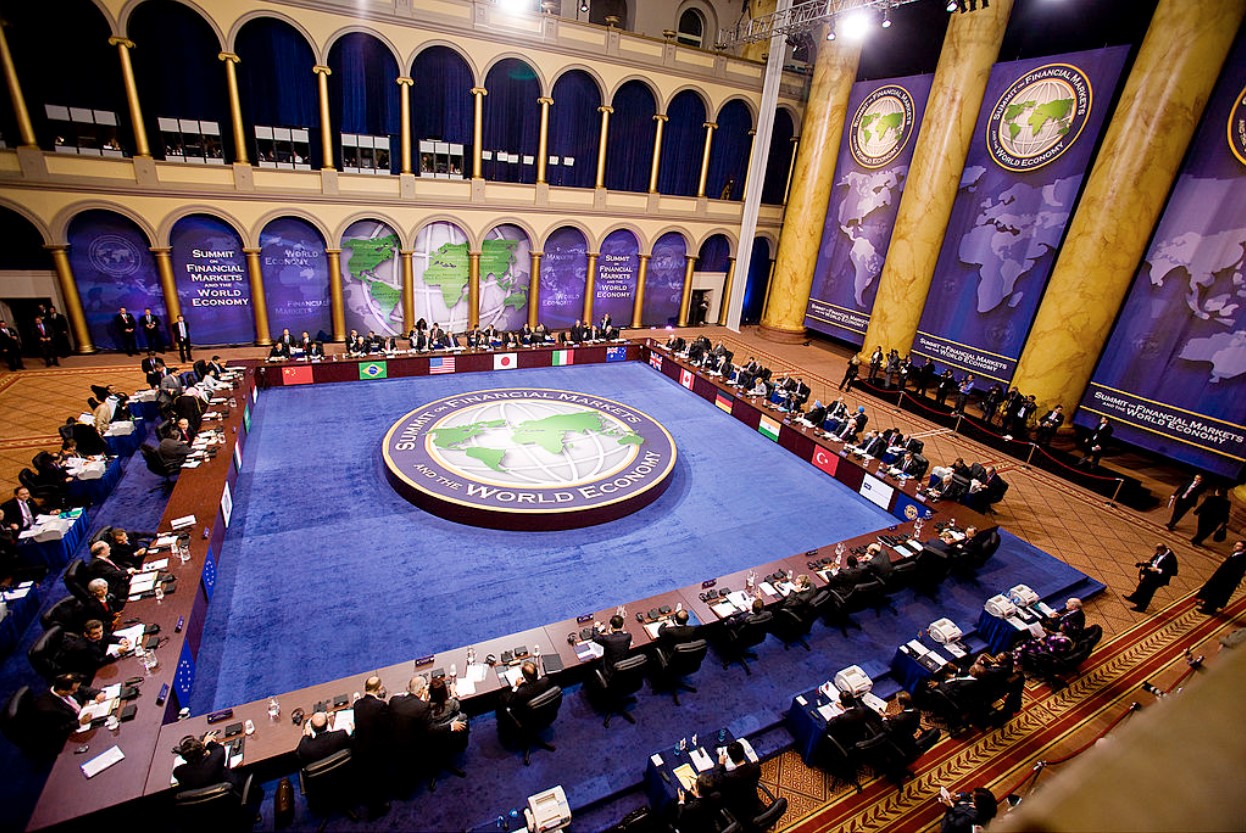
The International Monetary Fund has been the leading financial agency on the planet for more than 50 years. It is made up of 190 countries that work together to ensure the global economy functions as it should.
However, China has decided to go rogue and handle several national debts all on its own, which is seriously disrupting the world’s economic structure.
China Restructured Sri Lanka’s Debt Before the IMF Got Its Chance

Earlier this year, Western governments within the IMF were working to restructure Sri Lanka’s growing debt in the hopes of stabilizing its economy.
But before they could broker the deal, China officials offered Sri Lanka a private deal and essentially pushed the IMF out of the way.
The Sri Lanka Deal

Officials in Beijing essentially negotiated a deal with Sri Lanka in which they would restructure the country’s $4 billion debt.
And just six days after they announced the deal, it also came to light that two Chinese companies were privately investing $1.6 billion to improve infrastructure in Port City Colombo.
Next, China Headed for Zambia
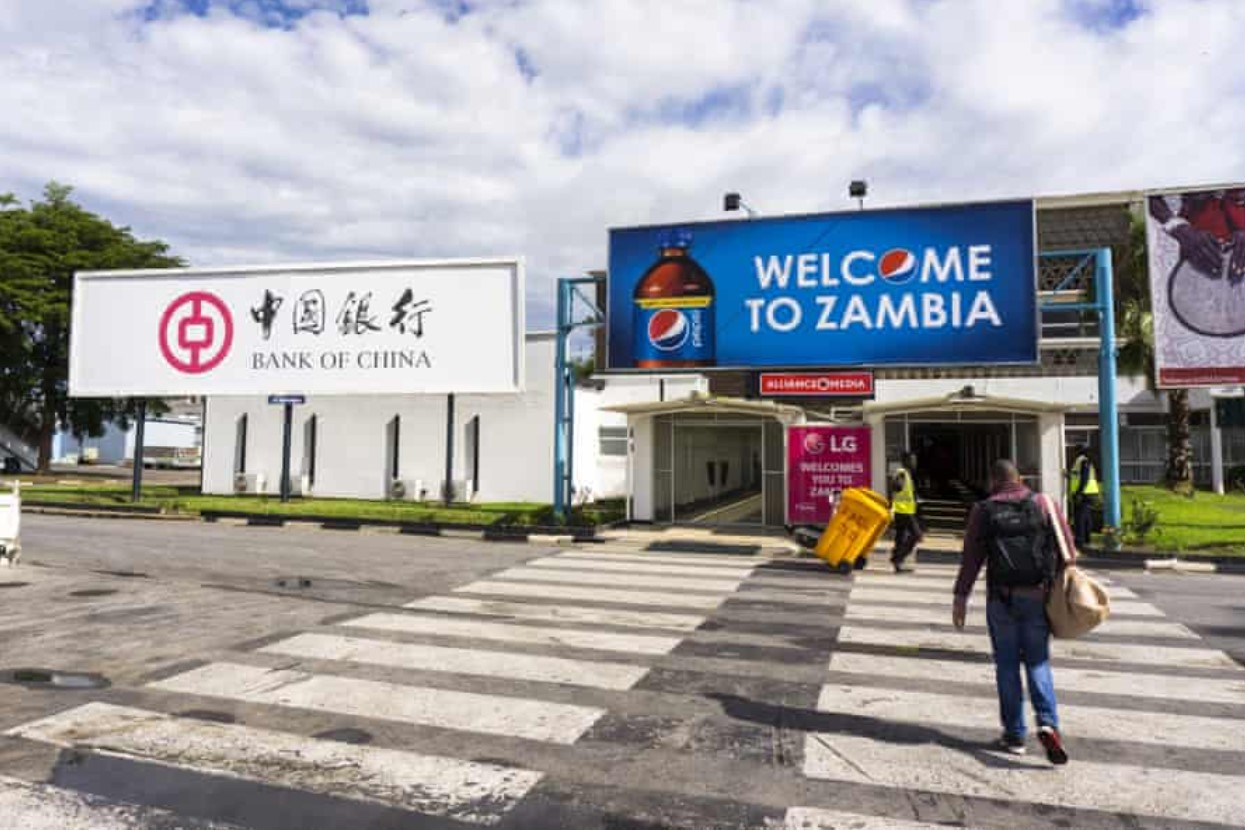
Then, China also reached out to Zambia, Africa’s second-largest copper producer, and offered a similar backdoor deal to relieve them of their debt.
Even though the IMF agreed to offer Zambia a $1.4 billion bailout in 2020, the deal was delayed. China made the best of a desperate situation by offering $4 billion to the African country to not only get out of debt but also build power plants and airports — with Chinese contractors, of course.
The Chinese Are Offering Exactly What These Countries Want
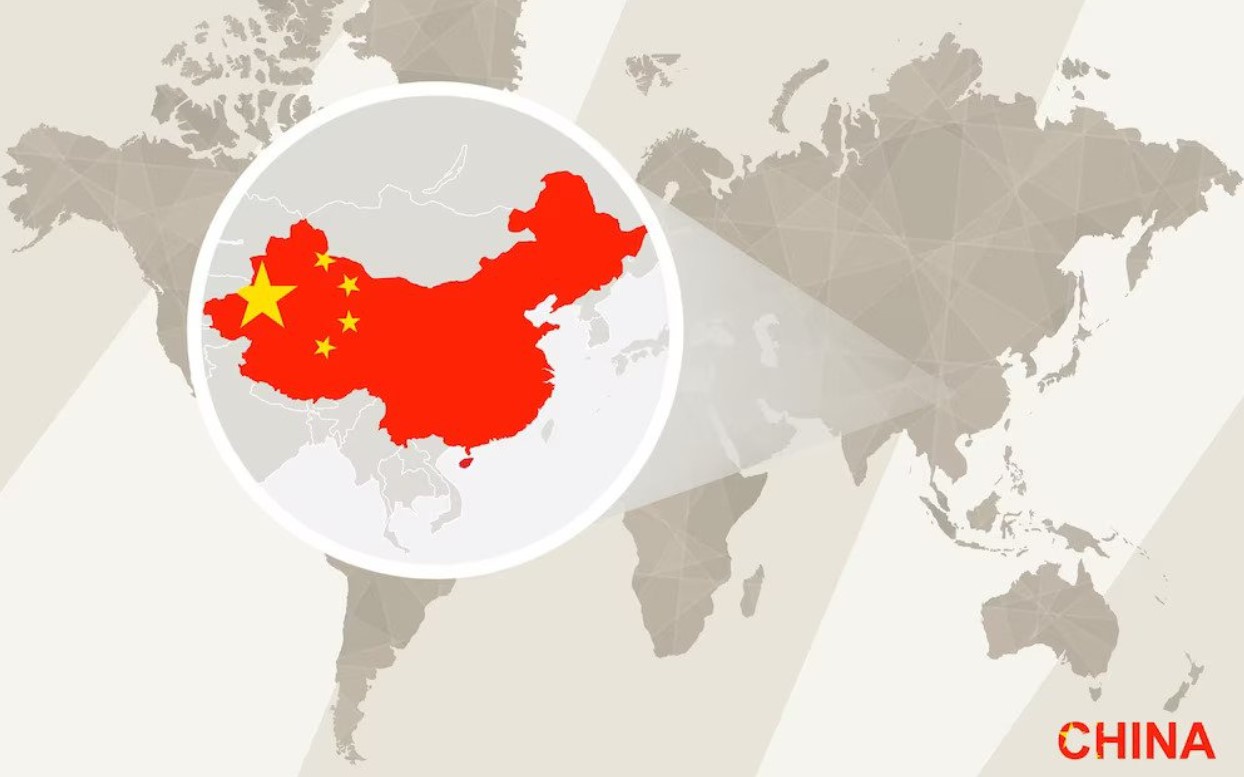
It’s important to understand that the IMF works slowly and, typically, only offers debt relief. But China is working quickly and offering something else as well: investment.
Brad Park, executive director of the William & Mary’s AidData research lab, explained, “What the Chinese are offering is exactly what the Sri Lankan [and other countries] authorities want: new money and investment.”
Many Argue That China’s Deals Are Not in the Best Interest of the Countries in Need

Although it may seem like China is doing quite an altruistic service by lending money to countries such as Sri Lanka, Zambia, and Ethiopia, many experts claim that these loans are not what they seem.
Brad Parks explained, “It might not be in the interest of the country in the long run, but in the short run, it’s almost too good to pass up on.”
Why Aren’t China’s Giant Loans a Good Thing?
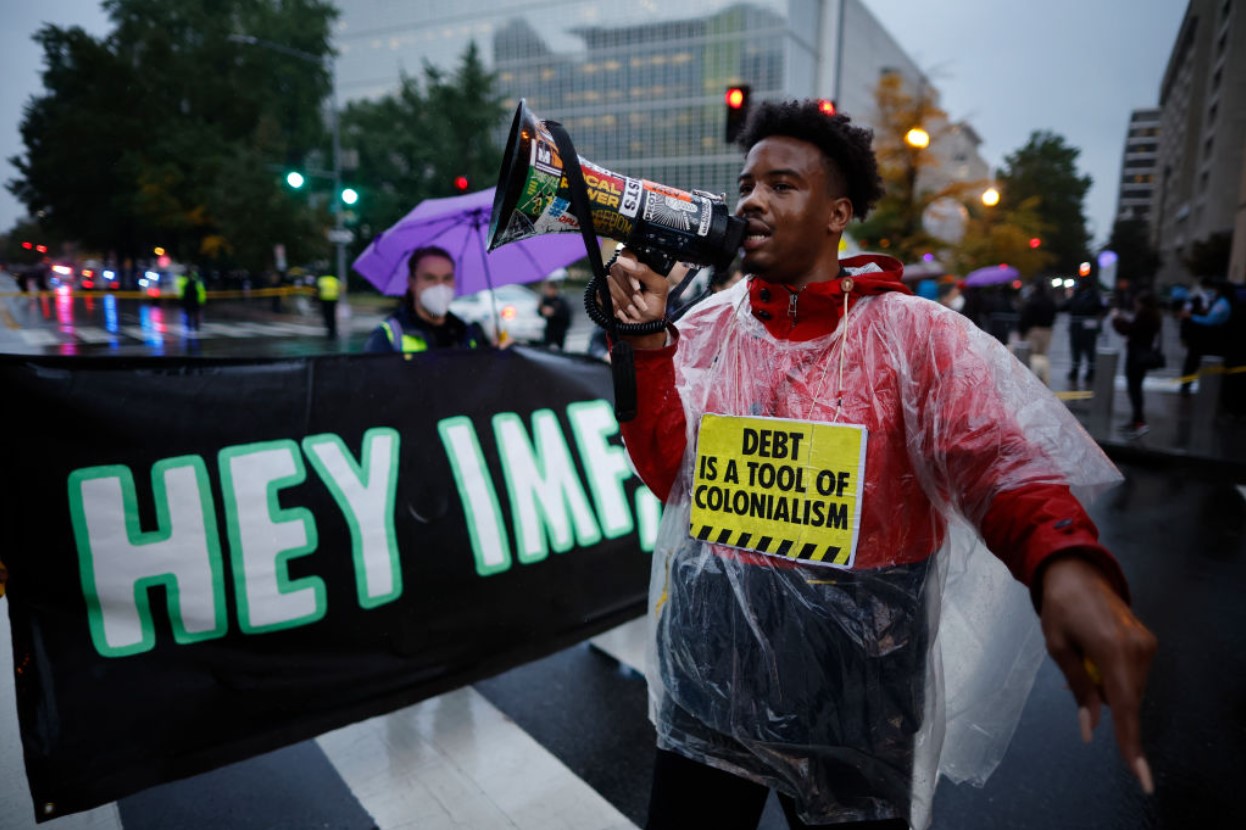
Some people argue that no government bailouts, including those from the IMF, are actually helpful for developing countries as these loans are actually a form of colonialism and control.
But more specifically, China’s loans are considered extremely dangerous as they include longer restructuring, which prolongs economic struggles for the borrowing countries and its residents.
The Current Debt Restructuring Plans Could Be Dangerous for the Global Economy

Essentially, the financial experts on Wall Street and within the IMF are warning that debt restructuring plans and loans are not going to go well. Bond-fund manager for Artisan Partners EMsights Capital Group, Michael Cirami, told the press, “If you’re hoping for a quick restructuring at a reasonable pace, that’s not going to happen.”
And managing director at Lazard Investment Bank Pierre Cailleteau agreed, “If we don’t manage the [restructuring] paradigm shift well, we can move onto very dangerous ground.”
U.S. Officials Ask China to Work with the Paris Club

The Paris Club, a group of nations with ample credit that meets every month in Paris to find solutions for nations in debt, has proved to be a valuable organization that works alongside the IMF to ensure the global economy stays on track.
And U.S. Treasury Secretary Janet Yellen has been speaking directly with China, pleading with its officials to stop private loans and begin working hand-in-hand with the Western governments via the Paris Club.
Beijing Agreed to Join, But Still Hasn’t Made It Happen
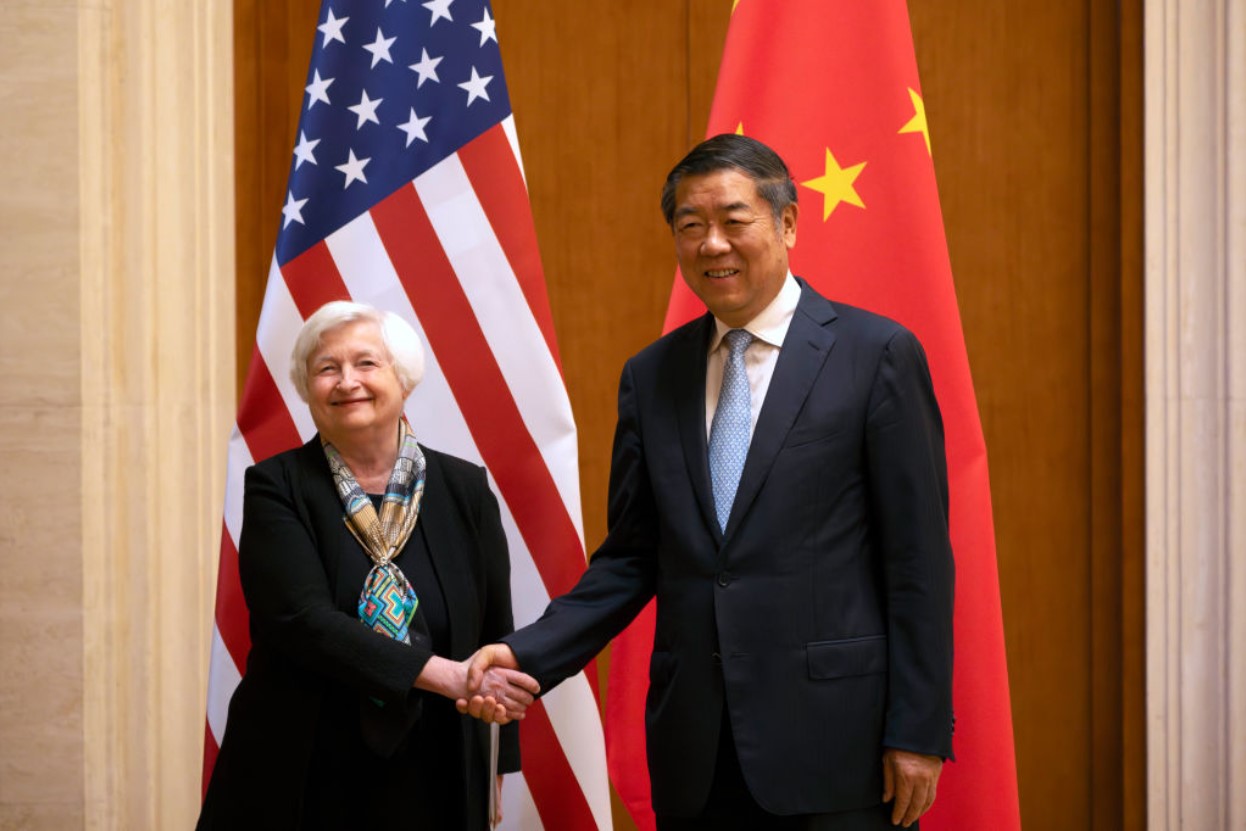
Technically, after Secretary Yellen’s pleading, government officials in Beijing agreed to join the Paris Group and work through its channels.
However, negotiations have lasted almost two years, and they still haven’t come to an agreement. And, of course, during that time, China has continued to work independently.
What’s Next for the Global Economy?

China’s decision to take on the world’s debt, infrastructure, and investment without working with the Paris Club or the IMF is absolutely going to affect the global economy.
And while no one can tell the future, members of Wall Street, as well as other international economic organizations, strongly believe that China’s decisions can only lead to trouble for all.
